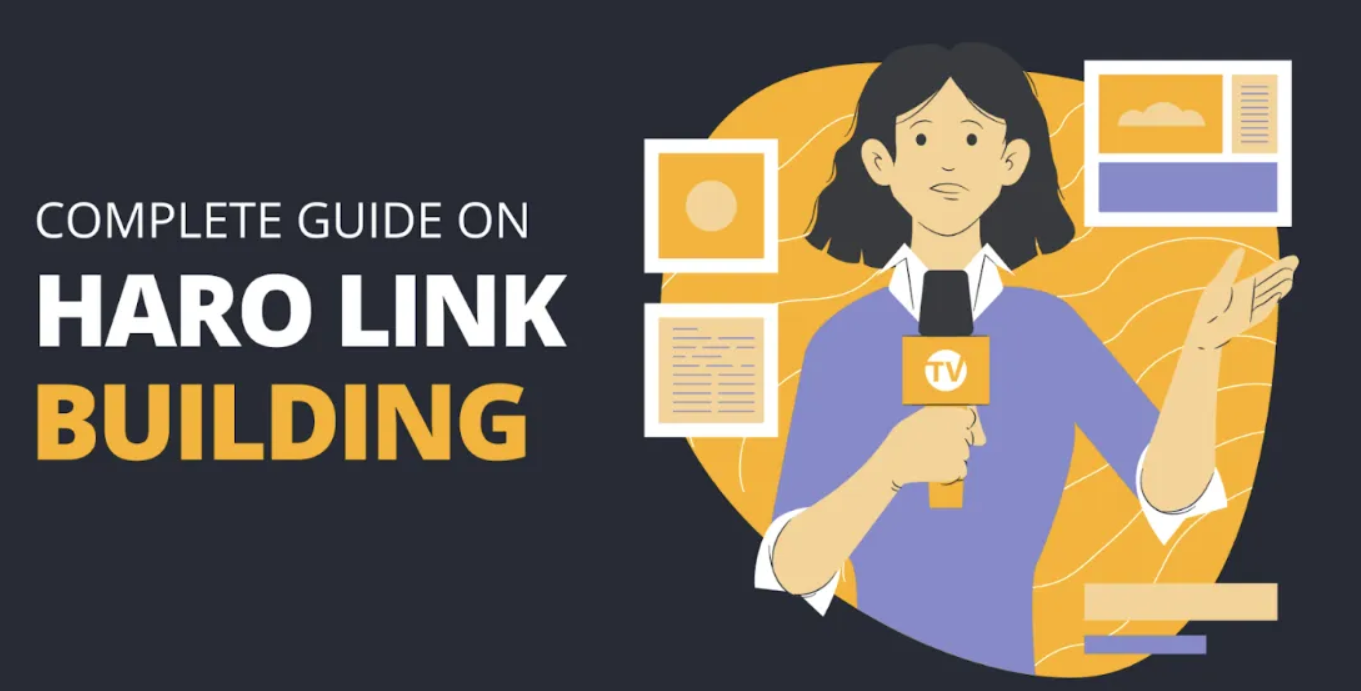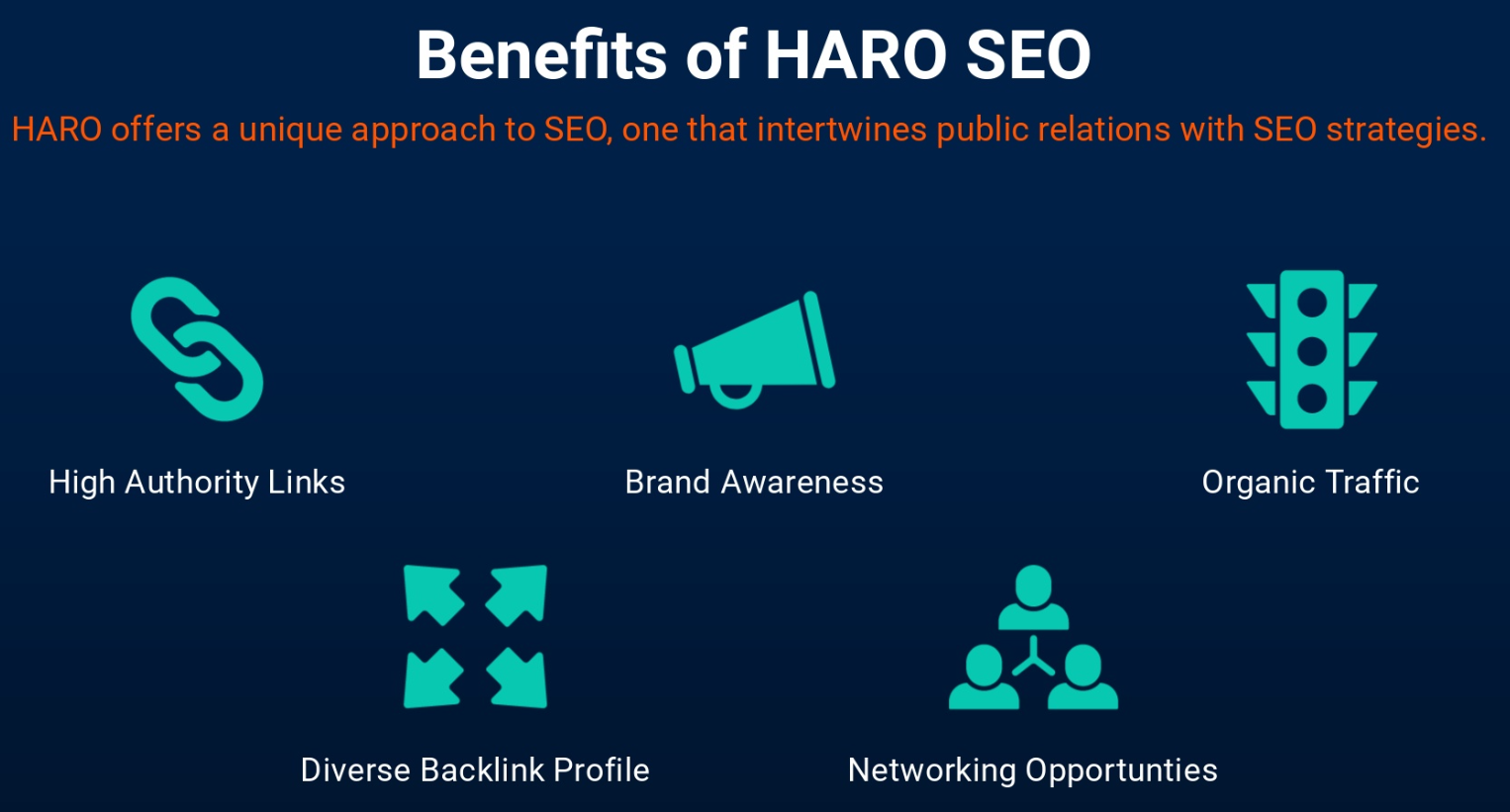E-E-A-T stands for Experience, Expertise, Authoritativeness, and Trustworthiness. It’s a set of guidelines Google uses to judge the authoritativeness and quality of websites. While it’s true that Google won’t directly boost your website’s ranking just because you have something called “E-E-A-T,” focusing on E-E-A-T will likely have a major positive impact on your SEO success.
Think of it this way: a website that clearly shows expertise and builds trust with users is more likely to get the clicks, shares, and positive attention that Google loves. This leads to better, more reliable search results for everyone.
In this article, you’ll learn:
- Exactly what E-E-A-T means and why it matters, even if it’s not a direct ranking factor.
- The hard truths about SEO and why E-E-A-T is an important piece of the puzzle.
- Practical steps to improve your website’s E-E-A-T.
Let’s dive in and explore what Google E-E-A-T means for your website.
What is Google E-E-A-T?
E – Experience: Does the content creator have first-hand experience with the topic?
When it comes to experience, Google wants to know: Does the person writing this actually know what they’re talking about? This is especially important for topics that could impact a person’s well-being, like finance or medical advice.
Here’s the difference:
- Low Experience: A general blogger writing a post on the best ways to invest your money.
- High Experience: A financial advisor with years of experience writing about retirement planning.
It doesn’t always mean formal qualifications. Imagine a recipe website. A review of a new kitchen gadget is more trustworthy coming from someone who enjoys cooking as a hobby than a writer who’s never stepped into a kitchen.
How to show your experience:
- Author Bios: Include short bios for your writers, highlighting their relevant experience.
- “About Us” Page: If you’re a solo creator, explain your background with the topic.
- Case Studies & Examples: Did you get results with the methods you’re sharing? Show them off!
Even if you don’t have direct experience, you can create valuable content by thoroughly researching and relying on information from credible experts.
E – Expertise: Does the creator demonstrate deep knowledge/skill in the field?
This goes beyond simple experience. Expertise is about having a strong command of the subject matter. Google’s looking for content that shows real insight, not just a surface-level understanding.
Let’s look at an example:
- Low Expertise: A general news website posting an article about recent changes in tax law.
- High Expertise: A blog run by a certified accountant offering detailed analysis of the same tax law changes.
Expertise doesn’t just apply to serious topics. Even a hobby blog about model trains benefits from that in-depth, passionate knowledge that only a true enthusiast could have.
How to demonstrate your expertise:
- Credentials & Qualifications: If you have them, list relevant degrees, certifications, or awards.
- Detailed, In-Depth Content: Go beyond the obvious. Offer unique analysis or insider tips.
- Cite Reliable Sources: Link out to respected websites and studies that back up your claims.
Important Point: You don’t have to be the world’s foremost expert in a field. However, focusing on a niche topic you understand well will show Google that you offer more value than general, vague content.
A – Authoritativeness: Is the creator and the website recognized as an authority on the topic?
Google seriously considers a website’s reputation as a training factor: is this website a go-to source of reliable information on this topic?
Think of it as the difference between your doctor giving medical advice and a random person on the street doing the same.
Here’s how authoritativeness can look:
- High Authoritativeness: A major medical website like WebMD offering health information.
- Low Authoritativeness: An anonymous personal blog giving advice about a serious disease.
Authoritativeness is built over time, but here’s how to signal yours to Google:
- Backlinks from High-Quality Sites: Links from other respected websites in your field act like votes of confidence.
- Positive Brand Mentions: Are industry experts or well-known publications talking about your website favorably?
- Industry Awards & Recognition: This shows external validation of your expertise.
Key Point: Authoritativeness applies to both individuals AND websites. A well-established website can lend credibility to new writers, while a recognized expert can boost the authority of a newer website.
T – Trustworthiness: Does the website and its content project trustworthiness, accuracy, and transparency?
Google wants to deliver search results that users can genuinely trust. That means your website needs to feel reliable and secure. Here’s what trustworthiness in action looks like:
- Accurate Information: Are your facts correct and up-to-date? Typos and errors make you look sloppy.
- Transparency: Be upfront about who you are. Have easily accessible contact information or an “About Us” page.
- Security: Especially for sites taking payments, make sure you have a secure connection (HTTPS).
How to build trustworthiness:
- Clear Citations & References: List your sources, especially for claims about health, finance, or other serious topics.
- Regular Updates: Show that you maintain your content, fixing broken links and keeping information current.
- Customer Reviews & Testimonials: Positive reviews from real people go a long way in building trust.
Remember: Trustworthiness takes time to establish, and consistency is key. Be consistent in providing accurate and helpful information to real users, and eventually, Google and the search engines will also recognize your website as a reliable source.
Why E-E-A-T Matters in SEO (Even If It’s Not a Ranking Factor)
Imagine you’re looking for information on a topic – maybe financial advice or a health concern. Would you rather trust a website run by experts with credentials or some anonymous blog full of typos? That’s what Google’s thinking about too. Evaluating websites’ E-E-A-T helps Google deliver the most reliable and helpful results to their users.
1. Trust and Reputation
Your website’s (and your business/personal’s) reputation takes a long time to build, and yet you can lose it quickly. A website with high E-E-A-T signals to users that it’s a reliable source of information, which can indirectly affect your site’s ranking in several ways:
- Increased dwell time: Users are more likely to stick around and explore your website if they feel that your website is secure and the information provided is accurate and valuable.
- Increased click-through rate (CTR): A recognizable brand with good E-E-A-T receives more clicks when appearing in search results, even if it is not the top-ranking result.
- Content shares: People are more likely to share links to articles or websites they trust.
- Customer loyalty: E-E-A-T is especially important for eCommerce websites selling products or services. People only purchase goods from sellers they trust, and a good E-E-A-T would translate into more loyal customers.
2. YMYL Topics
Websites covering “Your Money, Your Life” (YMYL) topics (health, finance, etc.) have higher E-E-A-T scrutiny.
YMYL topics: Websites covering “Your Money, Your Life” topics (health, finance, etc.) have higher E-E-A-T scrutiny.
Think of YMYL topics as anything that could directly impact someone’s happiness, health, or financial well-being. Google takes websites in these categories extra seriously because the stakes are higher.
Here’s why YMYL matters for E-E-A-T:
- Potential Harm: Bad advice about investing could ruin someone’s finances. Inaccurate medical information could make someone seriously ill. You wouldn’t want your taxes done by your next-door neighbor, right? The same principle applies online – YMYL topics need to be handled by genuine experts.
- Google’s Reputation: Google wants to be known as a reliable source of information. They don’t want to send users to websites that might cause harm.
Important: Even if your website isn’t strictly YMYL, focusing on E-E-A-T is still a smart move. It builds trust with users and creates higher quality content overall.
3. Potential Indirect Signals
While Google might not directly measure E-E-A-T, it’s logical to think a website demonstrating expertise, authority, and trust is more likely to get positive user engagement. Here’s how this connects to ranking factors:
- Dwell Time: Dwell time refers to the time users spend on your website reading its content. A higher dwell time signals to Google that you’re providing valuable and relevant information.
- Click-Through Rate (CTR): If your website has attractive titles and meta descriptions in search results, users are more likely to click. A high CTR shows Google that your content matches search intent.
- Reduced Bounce Rate: If users aren’t immediately leaving your site after reading just one page, it’s another indicator of quality and relevance.
Key Point: Even though the connection is indirect, improving your E-E-A-T may positively influence these behavioral signals, which in turn can enhance your website’s search engine performance.
Cold Hard Truths About SEO and E-E-A-T
In the previous section, we’ve learned about the importance of E-E-A-T for SEO. Yet, even today there’s still a lot of confusion and misinformation surrounding SEO and E-E-A-T floating around. Let’s clear things up with some hard truths about how SEO and E-E-A-T really work in the real world:
- Hard Truth #1: No one knows all the touchpoints that Google looks at. Google’s algorithm is a complex beast, and they’re not exactly sharing their secret sauce. While experts might have educated guesses about what Google values, there’s no foolproof checklist to guarantee rankings.
- Hard Truth #2: No one knows to what degree these data touch points converge. Even if we know some factors Google looks at, we don’t know exactly how much weight each one gets. One website might outrank another even with a lower E-E-A-T score if it excels in other areas.
- Hard Truth #3: What Google says and does are two different things. Google might emphasize the importance of user experience, but that doesn’t mean the top-ranking websites always have the prettiest design. They need to balance official statements with the reality of search results.
- Hard Truth #4: A lot of SEO is a combination of “interpretation” and “guesswork”. SEOs analyze data, look for patterns, and make their best-educated guesses to find strategies that work. There’s a degree of trial and error involved, and what works for one site might not for another.
Why SEOs Need a Balanced View on E-E-A-T
Focusing solely on E-E-A-T is a recipe for frustration. Here’s why you need to see it as a piece of the puzzle:
- Technical SEO Matters: A website riddled with errors, slow loading times, or poor mobile optimization won’t rank well, no matter how great the content is.
- Content is Still King: High-quality, relevant content that answers users’ questions remains at the heart of good SEO.
- It’s a Long Game: E-E-A-T takes time to build. Don’t expect overnight results because you added author bios.
E-E-A-T’s Place in the Big Picture: Think of E-E-A-T as guidelines for creating the kind of website Google wants to rank highly. A trustworthy, expert-driven website is more likely to have strong technical SEO and valuable content, naturally boosting its overall search performance.
Practical Ways to Improve Your Site’s E-E-A-T
Remember, Improving your site’s E-E-A-T isn’t just about pleasing Google. Rather, improved E-E-A-T will make your site more trustworthy and authoritative in front of its users. Ultimately, this will lead to a higher traffic, better loyalty, and ultimately, more success.
In this section, let’s explore some clear and actionable steps to improve your E-E-A-T.
1. Optimize The Website
Think of your website as your digital storefront. You want it to feel professional, reliable, and secure to build trust with visitors. Here are some key areas:
- Robust “About Us” Page: Don’t just say what you do, explain why you do it. Highlight your team’s experience and credentials. Show that there are real people with expertise behind the website.
- Clear Contact Information: Make it super easy for people to get in touch. Include an email address, phone number, and if you have one, a physical address. This builds transparency.
- Essential Policies: For any kind of website, have a clear Privacy Policy and Terms and Conditions. eCommerce sites absolutely need a returns policy for customer trust.
- Secure Site (HTTPS): This has become standard, but make sure your website has that little padlock icon in the address bar. This shows users their data is protected.
Key Point: These elements might seem basic, but they’re surprisingly often overlooked! Taking care of these fundamentals demonstrates professionalism and a commitment to user experience, signaling to Google that your website is trustworthy.
2. Focus on the Content
Your site’s content is the heart of your E-E-A-T efforts. Make sure it showcases your knowledge and makes users feel confident in the information you provide
- Go Deep: Don’t be afraid of long, detailed articles if the topic calls for it. Show that you truly understand the subject, not just skimming the surface.
- Back It Up: Whenever possible, include data, statistics, and research to support your claims. This shows you’ve done your homework.
- Your Authors Matter: Short author bios with links to their other work (if any) builds credibility. Highlight any relevant qualifications or experience.
- Cite Your Sources: Link to reputable websites and studies, especially when discussing sensitive topics like health or finance.
Additional Tip: Don’t just publish content and forget about it! Regularly review older posts to make sure the information is still accurate. Update or remove outdated content – this demonstrates care and attention to detail.
3. Optimize Offsite Elements
Offsite elements refer to the external signals that help Google understand your reputation and expertise. They’re tougher to control directly, but here’s how to influence them:
- Positive Buzz: Encourage happy customers to leave reviews on platforms like Google My Business, Trustpilot, or any relevant to your industry. Genuine testimonials build serious social proof.
- Quality Backlinks: Links from other respected websites within your niche are like powerful endorsements. Prioritize quality over quantity.
- Brand Recognition: Getting mentioned in industry publications, news articles, or even relevant social media discussions can boost your authority.
Important Note: Don’t try to game the system with fake reviews or spammy backlinks. This can backfire big time. Focus on building a reputation organically through great products/services and valuable content. The E-E-A-T signals will follow.
E-E-A-T, Content, Links, and the Big Picture
So far, we’ve discussed the definition of E-E-A-T, how it impacts websites, and ways to improve yours. Now, let’s zoom out and look at the big picture. How does E-E-A-T connect to other essential SEO factors like content and link building?
The Problem with Churning Out Content & Links
A common trap in SEO is the “more is better” mindset. Businesses get stuck in a cycle of cranking out low-quality blog posts and trying to spam their links everywhere. This might have worked in the past, but it’s a recipe for disaster now.
Here’s where things go wrong:
- Thin Content: Articles without depth or unique insights don’t impress users or Google.
- Unnatural Links: Links from shady websites can actively hurt rather than help your rankings.
- Wasted Resources: This approach eats up time and money without delivering results.
How E-E-A-T Shifts Your Focus
When you prioritize Experience, Expertise, Authority, and Trustworthiness, it naturally changes the way you create content and build links:
- Quality over Quantity: You’re forced to really dig into topics, ensuring your content offers genuine value to readers. This kind of content attracts links and shares organically.
- The Right Links: You become pickier about where your links come from, focusing on relevant websites that boost your own credibility.
- Sustainable Growth: This isn’t about quick tricks. It’s about building a solid foundation that leads to long-term success in search results.
Patience, Consistency, and Tracking
Improving your E-E-A-T won’t transform your website overnight. Here’s why you need to play the long game:
- E-E-A-T takes time to develop: Building trust and authority requires consistent effort.
- Tracking is Key: Keep an eye on key metrics like organic traffic, referral sources, and user engagement to see what’s working.
- Adapt and Improve: E-E-A-T isn’t a one-and-done deal. Use your data to refine your content strategy and make ongoing improvements.
Thinking about E-E-A-T might feel overwhelming, but the truth is, you probably have a strong foundation already in place.
Take a critical look at your website and content. Where can you showcase more expertise? Are there ways to build trust? Start with small improvements, track the results, and keep refining. The journey towards a better E-E-A-T is a journey towards a better website overall.
Conclusion
Chasing the latest SEO fads can lead to short-term gains, but it rarely leads to lasting success. Focusing on E-E-A-T is a smarter play. E-E-A-T, at its core, is about building authority, fostering trust, and demonstrating expertise. Optimizing for E-E-A-T means you’re creating a website that users and search engines alike will value, which ultimately means better engagement, a stronger brand reputation, and more organic growth.
Remember, E-E-A-T isn’t a magic wand. You still need great content, a technically optimized website, and all the other pieces of the SEO puzzle. By making E-E-A-T central to your strategy, you’re building a website that’s well-prepared for long-term success. Your website will be stronger, more resilient, and more likely to achieve those top rankings that everyone craves.



